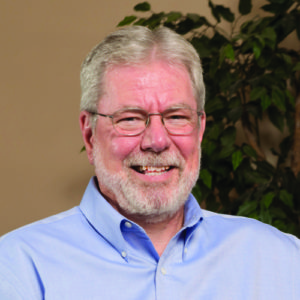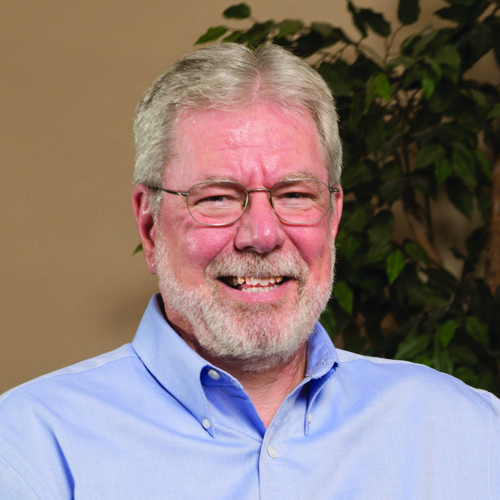The Liberating Arts: Who are you?

Who are you? Or maybe, who are we? This is a question we might ask from time and time, and when we do, it is often a question of identity. But it can also be a question about who are we as persons, or perhaps, who we understand ourselves to be as human beings.
Our education plays a role in answering this question, both as a question of individual identity and as a question about human persons. We are asked to confront questions of who we are as individuals; how we became the person that we are and how will we become the person we want to be.
But education itself, in a sense, provides an answer to the larger question of who we are as persons. A bit of reflection on Maryville College’s various statements of mission, purpose and identity bears this out.
For when we say things like we prepare students for “lives of citizenship and leadership” and we challenge them to “search for truth, grow in wisdom, work for justice and dedicate a life of creativity and service to the peoples of the world” we are saying as much about what we believe a human person to be than we are about anything we might do specifically.
When we say that we “strive to be an instrument of liberation and growth for adults of all ages” and that we intend to “develop a true sense of vocation,” we are saying something about our understanding of the human person.
When we say we seek to “stimulate purposeful inquiry, to encourage analytical thinking and effective expression, to foster discriminating aesthetic taste and sound judgment, to provide opportunity for developing personal values, and to nurture the deep concern for persons that leads to constructive action,” we are saying something about our understanding of the human person.
When we say that we challenge students to “grow in academic competence, personal and social maturity, and spiritual discernment and commitment,” we are saying something about our understanding of the human person.
When we say that we “care for others on campus and beyond,” we share “genuine concern for the world,” and that we “strive to build and strengthen the human community,” we are saying something about our understanding of the human person.
To say all of this is to say something about what we believe human persons to be. We believe that human persons are capable of discernment. That they are called to some special purpose, that they can make things better.
They can exercise gifts. They can lead, help, and care for others. They can make commitments – at times heroic. They can be liberated, grown, developed, formed and matured. They can analyze, they can judge, they can improve.
They can understand and work to realize very abstract ideas and concepts like justice, liberation, vocation, and community. They can commit and respond to ideals. They can create and appreciate beauty. They can worship, they can seek, and they can discriminate. They can take care of themselves and each other.
This is lofty stuff. But accurate. It is not a trumped up, overly idealistic, saccharine-laden version of us as persons. We are indeed capable of each, and all, of these things. And, perhaps, in this day and time, we should be scrupulously careful to not sell ourselves short.
Not all approaches to education share this same anthropological view. An approach to education that is more strictly utilitarian, instrumental and technocratic offers only a limited and limiting understanding of who we are. But the understanding of the human person that is at the core of liberal arts education is what makes such education both fulfilling and liberating.
-Many of these comments were first delivered as part of a paper presented at a Symposium at Lee University in October 2016 and will be published shortly in the Symposium’s Proceedings.

